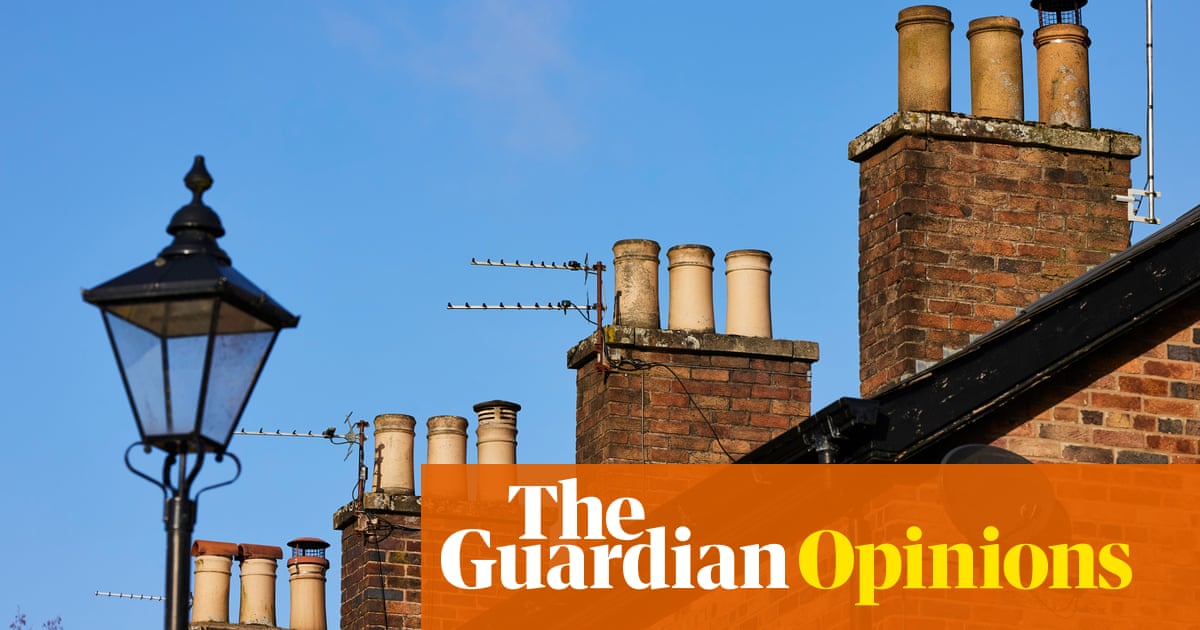Last Thursday, people voted for change. There appears to be a settled view now that the country needs a fresh start. And yet anyone who has stood on doorsteps in recent times will know this is not a 1997 moment. The level of despondency with politics is deep. There will be no honeymoon period for any incoming government. People can see things are broken and they are losing faith that any politicians can fix them.
So it is a difficult climate for progressive parties and I worry that the general election which now looms ahead of us will only make the mood worse. A Tory party in a corner is unlikely to go quietly. My gut feeling is that it will opt for a December election, hoping to salvage seats from the toxic combination of a low winter turnout and the fallout from the US election the month before. Channelling the negative energy of the “culture wars” seems to be all the Tories have left.
So how should we respond and make sure the election delivers the change we need?
First, we should call out the culture wars for what they are: an attempt by parties of the right to distract people from the injustice all around and make them blame their fellow citizens for it, rather than the governments that created it. In media interviews, Labour figures should refuse to be drawn into the minutiae of identity politics and instead call out this rightwing playbook.
Second, Labour should frame the election now around the minutiae of a small number of domestic policies on which the left is generally more trusted.
The best antidote to the cynicism of our times is to move beyond the broad soundbites of the past and set out honest, credible and detailed plans to fix bread-and-butter issues, such as the NHS and housing. Last Thursday’s election results present us with a real opportunity to do precisely that and change the presentation of our policies. We should make full use of it.
Across England, there are now 11 Labour mayors covering almost half of the population. The combined authorities they lead offer a delivery infrastructure in the English regions that simply didn’t exist in 1997. Before the election, the party could agree detailed delivery plans with these mayors for what will be done in their regions to fix the housing crisis within the first term of a Labour government.
One of the reasons why housing often doesn’t feature at elections is because promises at past elections to build hundreds of thousands of homes simply aren’t meaningful. By contrast, a local plan to build a new generation of council homes in the East Midlands, identifying the brownfield sites and putting a number on delivery within a parliament, would be very meaningful indeed.
Today I will set out a plan to solve the housing crisis in Greater Manchester within a decade which could form the basis of this new approach.
It will involve building a new generation of council homes in all 10 boroughs and at least 10,000 within this mayoral term. To raise standards, we will bring in a new good landlord charter and give our residents in rented accommodation the right to request a property check. We will take tougher enforcement against landlords who rent out unfit and unsafe homes, including making much greater use of compulsory purchase powers.
But I come back to the word honest in relation to these plans. One of the main reasons why the country has not built enough social homes for decades is because of the right-to-buy policy. Councils do not have an incentive to fund the building of new homes if they can be sold off cheaply and quickly. In the face of a desperate housing crisis, the existence of right to buy means we are in effect trying to refill a bath without being allowed to put the plug back in.
As it becomes more established, a theme is developing with English devolution: fixing the fundamentals of life – housing, utilities, transport – means reversing things that went wrong in the 1980s. So, just as Greater Manchester was first to end deregulation of buses, we now want to see the suspension of the right-to-buy policy from any new council homes that we build in our city-region. To be clear: there is no honest solution to the housing crisis as long as it stays in its current form.
This is how English devolution is beginning to change politics for the better. For too long, the Westminster consensus has been that you can’t challenge some of the dogma of the Thatcher era. But, since the arrival of the Labour mayors, trains and buses have started to go back under public control and there is a much greater focus on issues like homelessness.
Slowly but surely, we are freeing ourselves from the suffocating effects of the 1980s. We now have the real prospect of a Labour prime minister working with Labour mayors to fix the housing crisis and deliver true levelling up.
This may not be a 1997 moment for Labour. It could, in so many ways, be a much better one.

